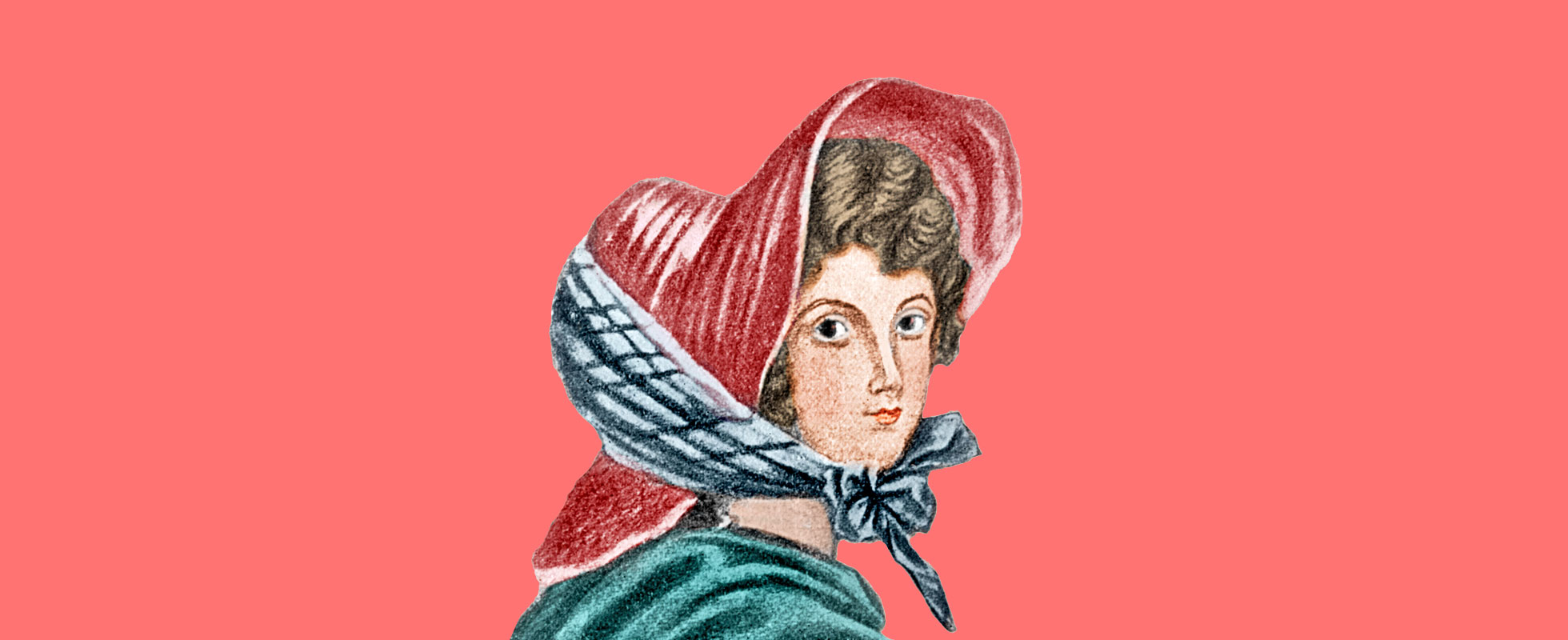The story of the Brontës is one of tragedy and great literary achievement. Of the six children born to Maria Branwell and Patrick Brontë between 1814 and 1820, two died in childhood and none survived into their 40s (most were taken by the 19th-century tuberculosis epidemic that ravaged Europe). And yet, three of the Brontë sisters managed to write classic literary works that have endured long after their authors’ untimely deaths.
As children in their isolated home on the Yorkshire moors, Charlotte, Emily and Anne — along with their only brother, Branwell — began writing stories and creating fictional worlds. As adults, they were occasionally employed as teachers and governesses, but they never abandoned their love of literature.
In 1846, the three sisters published a volume of poetry at their own expense. Due to the widely held prejudice against female writers, they adopted masculine pen names using their own initials: Currer, Ellis, and Acton Bell. Their book of poetry sold only two copies, but the sisters were undeterred.
The Brontës shared a steadfast attitude, a trait highlighted by their family friend Ellen Nussey, who described the siblings as “resolutely single-minded, eminently courageous, eminently simple in their habits, and eminently tender-hearted.” The trio soon began writing their own novels individually, many of which eventually became English literature classics.
Charlotte Brontë
Charlotte Brontë was the eldest of the three sisters. Her first novel, The Professor, was rejected and later published posthumously. Her second novel, Jane Eyre, was published in 1847 under her pen name Currer Bell. It was a success, although many critics were thrown by the novel’s freedom of thought and expression.
With its intimate first-person narrative and psychological depth, Jane Eyre was certainly ahead of its time, and its themes of sexuality, class, and religion had a significant impact on wider society. Charlotte went on to publish two more novels, Shirley (1849) and Villette (1853). She outlived her siblings but died from complications during pregnancy at the age of 38.
I am no bird; and no net ensnares me: I am a free human being with an independent will.“Jane Eyre”
I would always rather be happy than dignified.“Jane Eyre”
Life appears to me too short to be spent in nursing animosity, or registering wrongs.“Jane Eyre”
Love is real — the most real, the most lasting, the sweetest and yet the bitterest thing we know.“Shirley”
If men could see us as we really are, they would be a little amazed.“Shirley”
I believe in some blending of hope and sunshine sweetening the worst lots. I believe that this life is not all; neither the beginning nor the end. I believe while I tremble; I trust while I weep.“Villette”
Emily Brontë
Emily Brontë’s only novel, Wuthering Heights, is widely regarded as one of the greatest novels ever written in the English language. Upholding the traditions of Romantic and Gothic fiction, the novel tells the story of the tumultuous relationships within two families, the Earnshaws and the Lintons — most infamously, the fiery and passionate romance between Catherine and Heathcliff.
Emily herself has been a source of much fascination. A solitary and reclusive person who loved the moors upon which her novel takes place, she was close with her sisters (especially Anne), but few other people. She died at age 30 in 1848, shortly after her brother Branwell and a few months before Anne, all of them succumbing to complications caused by tuberculosis.
I've dreamt in my life dreams that have stayed with me ever after, and changed my ideas: they've gone through and through me, like wine through water, and altered the colour of my mind.“Wuthering Heights”
Be with me always — take any form — drive me mad! only do not leave me in this abyss, where I cannot find you! Oh, God! it is unutterable! I cannot live without my life! I cannot live without my soul!“Wuthering Heights”
My love for Linton is like the foliage in the woods: time will change it, I'm well aware, as winter changes the trees. My love for Heathcliff resembles the eternal rocks beneath: a source of little visible delight, but necessary.“Wuthering Heights”
He’s more myself than I am. Whatever our souls are made of, his and mine are the same.“Wuthering Heights”
Anne Brontë
Anne was the youngest of the three sisters, and her novels were less prominent yet still excellent. Her debut novel, Agnes Grey, is a semi-autobiographical work that reflects Anne’s own experiences as a governess.
Her second and final novel, The Tenant of Wildfell Hall, was the most incendiary and shocking novel published by any of the sisters. In it, Anne bravely challenged the morals of the Victorian era, when married women had no legal rights independent from their husbands, including in terms of divorce, child custody, and owning property.
In one Wildfell scene, the protagonist, Helen Huntingdon, slams the bedroom door against her husband — an action that sent shockwaves throughout Victorian England. Today, The Tenant of Wildfell Hall is regarded as a classic and one of the first feminist novels.
He that dares not grasp the thorn / Should never crave the rose.“The Narrow Way”
All true histories contain instruction; though, in some, the treasure may be hard to find.“Agnes Grey”
It is foolish to wish for beauty. Sensible people never either desire it for themselves or care about it in others. If the mind be but well cultivated, and the heart well disposed, no one ever cares for the exterior.“Agnes Grey”
If she were more perfect, she would be less interesting.“The Tenant of Wildfell Hall”
Smiles and tears are so alike with me; they are neither of them confined to any particular feelings: I often cry when I am happy, and smile when I am sad.“The Tenant of Wildfell Hall”
Featured image credit: Culture Club/ Hulton Archive via Getty Images
















